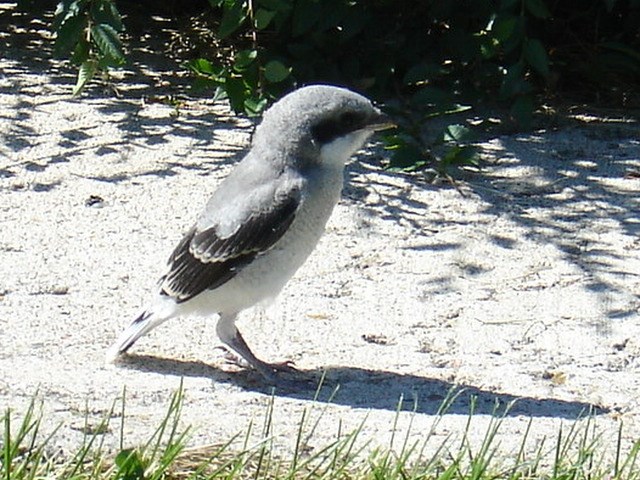REGINA — Hearing a ruckus in your yard? The loud shrieking coming from the bush or shelterbelt may be a nest full of shikes waiting for their fresh meal. These migratory songbirds are a threatened species, and Saskatchewan is an important part of their breeding range. They return to the Canadian prairies each spring from their wintering grounds in southern Texas and Mexico; and in July, their young are starting to leave the nest.
There can be up to seven young in the nest waiting with hungry mouths to be fed by their overworked parents. Look for nests about chest high in shrubs around your yard, preferably near something prickly.
“July is a busy time for the Loggerhead Shrike, explains Emily Putz, Habitat Stewardship Coordinator of Shrubs for Shrikes with Nature Saskatchewan.
“The adults are out hunting constantly to try to provide enough food for their nestlings, and soon those young will be fledging and venturing out of the nest to learn to hunt for themselves.”
Shrikes are predatory songbirds; they are opportunistic hunters that will catch anything they can carry. They share many of the same hunting practices as larger birds of prey, such as a hawk, but they have dainty songbird feet that lack the powerful talons of other predatory birds, meaning they can’t hold down the prey to tear pieces off. To get around this they will hang their prey on thorns or barbed wire, and use their sharp beak to rip off the edible pieces. Shrikes make excellent pest control since their main food sources are insects such as grasshoppers, mice, voles, and even snakes.
“This is a great time to hunt, but can also be a dangerous time for the young,” Putz continues,” as road mortality is one of their biggest threats.” Watch for shrikes by the roadside, especially near shelterbelts, as they are attracted to insects on the road. The fledglings will not be able to move out of the way of a moving vehicle, so slow down if it looks like there’s a bird on the road.
Nature Saskatchewan runs a voluntary stewardship program, Shrubs for Shrikes, that works with rural landholders to conserve and monitor this species at risk. They are asking anyone who sees a Loggerhead Shrike, or impaled prey, to call their toll free line at 1-800-667-4668 or email [email protected]. Personal information is never shared without permission and every sighting helps this species’ recover.




